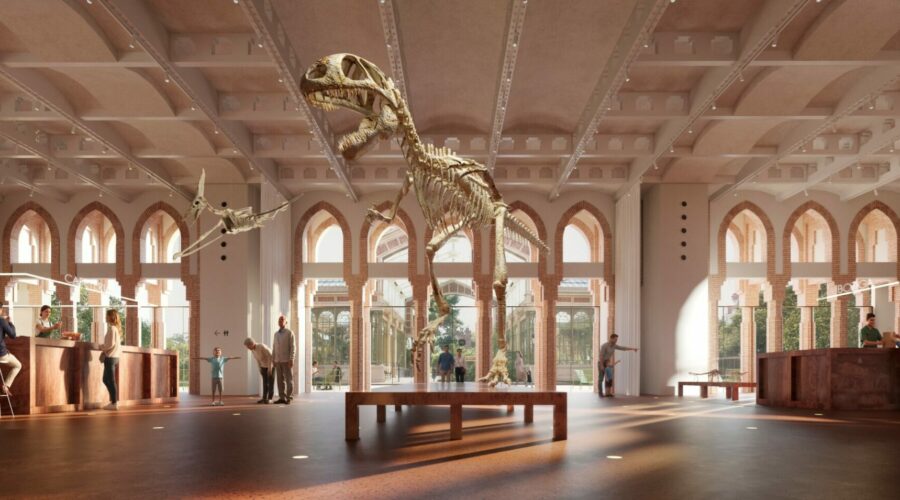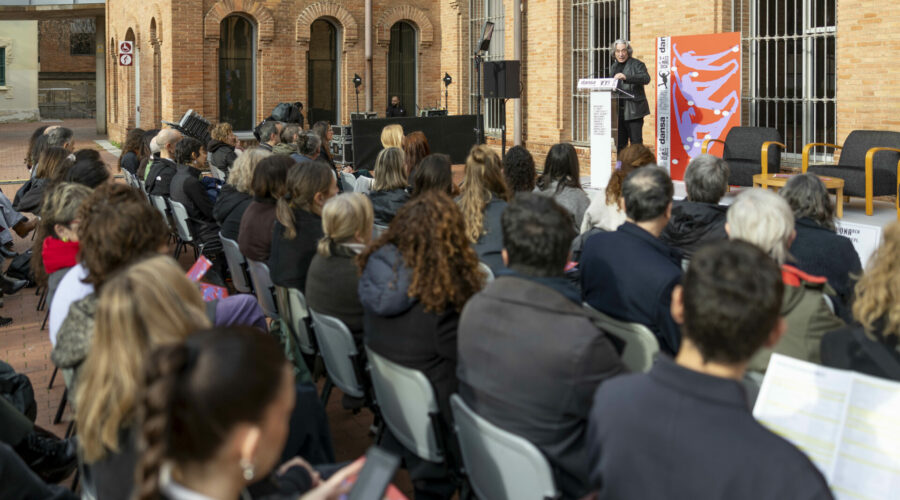 Barcelona experienced a significant change with the closure of an iconic ice skating rink, Skating. Located on Roger de Flor street in the Eixample, this legendary facility, inaugurated on December 15, 1974, was for decades the meeting point for families, couples and children who shared their passion for skating.
Barcelona experienced a significant change with the closure of an iconic ice skating rink, Skating. Located on Roger de Flor street in the Eixample, this legendary facility, inaugurated on December 15, 1974, was for decades the meeting point for families, couples and children who shared their passion for skating.
Founded by two brothers, one of them passionate about skating and continued by the will of the wife of one of them after their deaths, Skating became a symbol of fun and recreation in Barcelona.
Over the course of more than 20 years, the track modernized and prospered, adapting to the changing demands of Barcelona society.
However, the coup de grace came with the COVID-19 pandemic. After facing an Expediente de Regulación Temporal de Empleo (ERTE), Skating was forced to close its doors in 2021, marking the end of an era for many Barcelona residents.
Since then, the supply of ice skating in the city has been drastically reduced. Currently, the only option available is the FC Barcelona ice rink and during the Christmas festivities, which is usually installed by the Barcelona City Council.
The disappearance of Skating left a void in the hearts of those who found in its facilities a place to share special moments.
Skating: from iconic skating rink to supermarket
The fate of the place that once resounded with laughter and the scraping of blades on ice has taken an unexpected turn. The large premises that used to house Skating is now a Carrefour, a famous French supermarket chain.
The transformation of the space from an iconic entertainment nook to a shopping mall has generated a mix of opinions among local residents.
Neighbors in the area say that while the runway was in operation there was a lot of life in the area. The street was filled with children, families, couples and now there is nothing. Nostalgia for the loss of a place that witnessed laughter and joy is reflected in the community, fondly remembering the days when Skating was the epicenter of fun.
Skating’s closure and transformation not only mark the end of an era in Barcelona’s ice skating scene, but also underscore the economic and social challenges that the pandemic has imposed on iconic businesses.
Adaptation to new circumstances, in some cases, involves drastic changes in the function and purpose of places that were once central to the city’s identity.
Although the ice rink no longer resounds with the joyful music and laughter of the skaters, the memory of Skating will live on in the collective memory of Barcelona.
The city, as a witness of its own evolution, embarks on a new stage, where old landmarks give way to new experiences, reminding everyone that change is inevitable in urban life.



